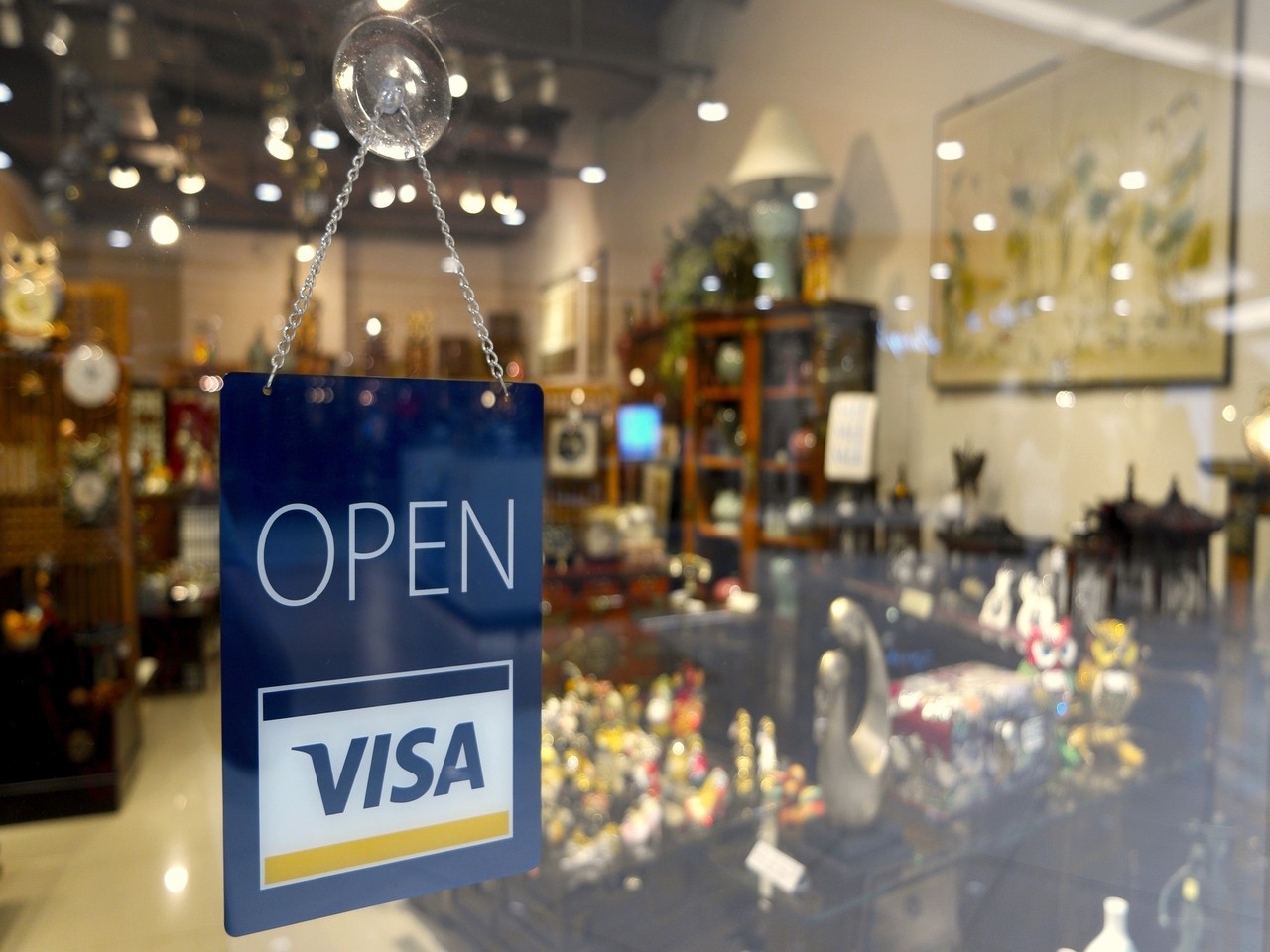Visa took responsibility on Saturday for dozens of overcharges on Coinbase customers. It is a surprise turn of events after Visa denied blame laid at its doorstep by the crypto exchange.
In a joint statement by Coinbase and Worldpay, a bold line emphasizes "This issue was not caused by Coinbase."
"Worldpay and Coinbase have been working with Visa and Visa-issuing banks to ensure that the duplicate transactions have been reversed and appropriate credits have been posted to cardholder accounts," a joint statement read on Medium. "All reversal transactions have now been issued, and should appear on customers’ credit card and debit card accounts within the next few days."
The statement continued that the majority of refunds should already appear in user accounts.
The brief statement is is a major step down from Visa's position just days ago. Coinbase blamed system update errors on Visa's side for the duplicate charges. At the time, Visa reported that no other customers were experiencing this.
"Visa has not made any systems changes that would result in the duplicate transactions that are being reported. We are also not aware of any other merchants who are experiencing this issue. We are reaching out to this merchant's acquiring financial institution to offer assistance and to ensure cardholders are protected from unauthorized transactions."
As overcharge reports flooded in before the weekend, angry Redditors blitzed the Coinbase forum blaming the exchange for incompetence.
One theory came from user wittiertrepidation, who posited Coinbase may have botched what he dubbed a "batch job." That sort of transaction sends a 'batch' of transaction requests to the credit card company at once on a regular schedule. Claiming to work in a bank, he opined an error, in the pending transactions list sent over by Coinbase, would have caused the request to reenter the queue whenever the next batch was sent to Visa. However, the list of requests would still be charged the first time, resulting in a repeat charge every time the batch was sent to Visa.
However, the scenario does not pan out. Coinbase claimed that only Visa credit cards experienced problems, although all Coinbase transactions are handled by Worldpay. Visa contacted Coinbase's payment processor Worldpay. If the problem had been on Coinbase's end, one might expect customers of other cards to report similar problems.
Additionally, changes in how Visa treated Coinbase transactions might have influenced the problem. The credit giant redefined Coinbase requests as cash advances, making them akin to ATM transactions and thus, ATM-like fees.
Comments blaming Coinbase were vindictive. Many customers complained of frozen accounts and poor customer service for months, possibly dowsing whatever benefit of the doubt users might have given the exchange.
While uncommon, duplicate charges by credit card companies have occurred. Capital One corrected a litany of double charges in early January.
The problems also follow several weeks of Western credit companies and banks imposing bans on transactions with crypto exchanges. New investors reportedly are buying cryptocurrency on credit, creating fears of non-payable debt.
To learn more about Coinbase, view our Coinbase review.
In a joint statement by Coinbase and Worldpay, a bold line emphasizes "This issue was not caused by Coinbase."
"Worldpay and Coinbase have been working with Visa and Visa-issuing banks to ensure that the duplicate transactions have been reversed and appropriate credits have been posted to cardholder accounts," a joint statement read on Medium. "All reversal transactions have now been issued, and should appear on customers’ credit card and debit card accounts within the next few days."
The statement continued that the majority of refunds should already appear in user accounts.
The brief statement is is a major step down from Visa's position just days ago. Coinbase blamed system update errors on Visa's side for the duplicate charges. At the time, Visa reported that no other customers were experiencing this.
"Visa has not made any systems changes that would result in the duplicate transactions that are being reported. We are also not aware of any other merchants who are experiencing this issue. We are reaching out to this merchant's acquiring financial institution to offer assistance and to ensure cardholders are protected from unauthorized transactions."
As overcharge reports flooded in before the weekend, angry Redditors blitzed the Coinbase forum blaming the exchange for incompetence.
One theory came from user wittiertrepidation, who posited Coinbase may have botched what he dubbed a "batch job." That sort of transaction sends a 'batch' of transaction requests to the credit card company at once on a regular schedule. Claiming to work in a bank, he opined an error, in the pending transactions list sent over by Coinbase, would have caused the request to reenter the queue whenever the next batch was sent to Visa. However, the list of requests would still be charged the first time, resulting in a repeat charge every time the batch was sent to Visa.
However, the scenario does not pan out. Coinbase claimed that only Visa credit cards experienced problems, although all Coinbase transactions are handled by Worldpay. Visa contacted Coinbase's payment processor Worldpay. If the problem had been on Coinbase's end, one might expect customers of other cards to report similar problems.
Additionally, changes in how Visa treated Coinbase transactions might have influenced the problem. The credit giant redefined Coinbase requests as cash advances, making them akin to ATM transactions and thus, ATM-like fees.
Comments blaming Coinbase were vindictive. Many customers complained of frozen accounts and poor customer service for months, possibly dowsing whatever benefit of the doubt users might have given the exchange.
While uncommon, duplicate charges by credit card companies have occurred. Capital One corrected a litany of double charges in early January.
The problems also follow several weeks of Western credit companies and banks imposing bans on transactions with crypto exchanges. New investors reportedly are buying cryptocurrency on credit, creating fears of non-payable debt.
To learn more about Coinbase, view our Coinbase review.

